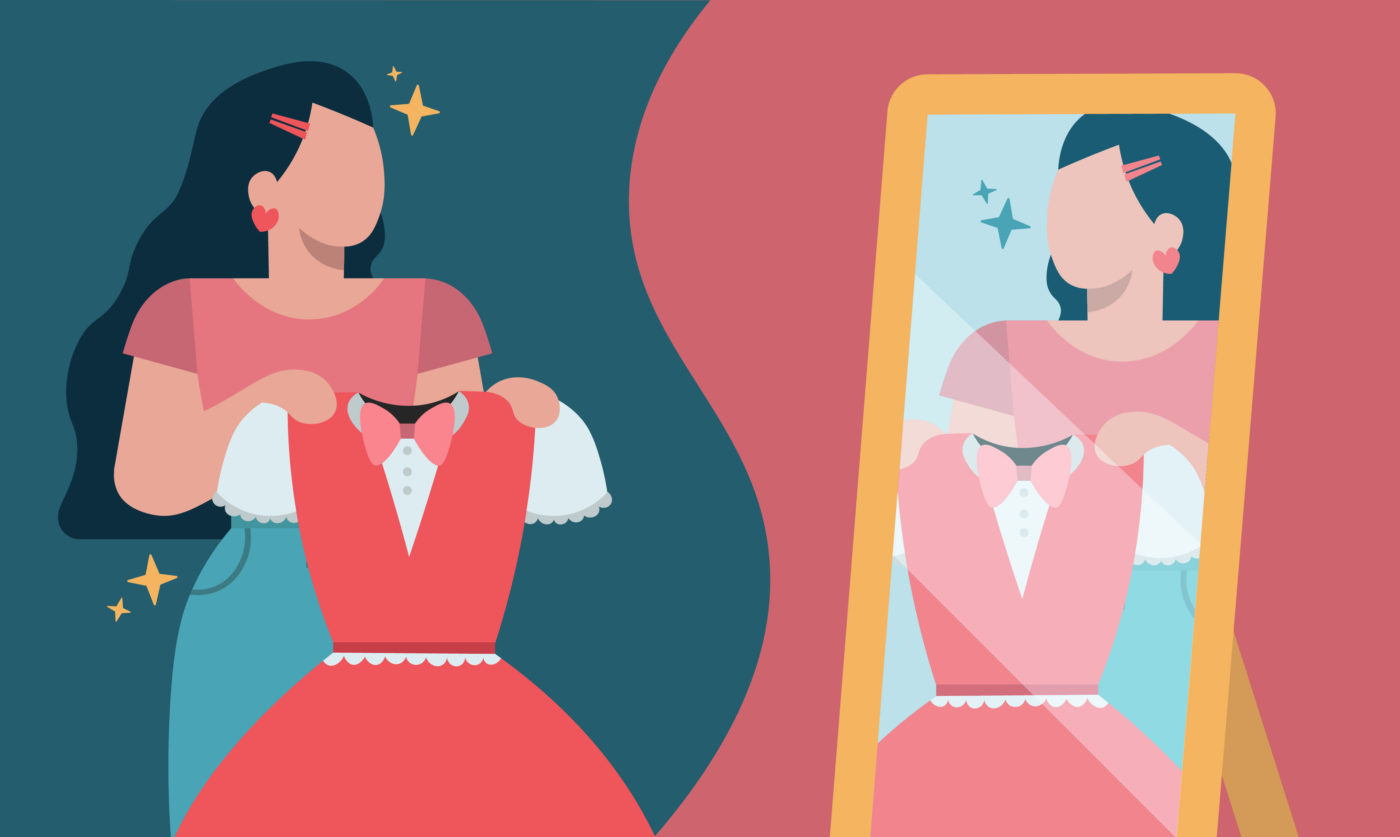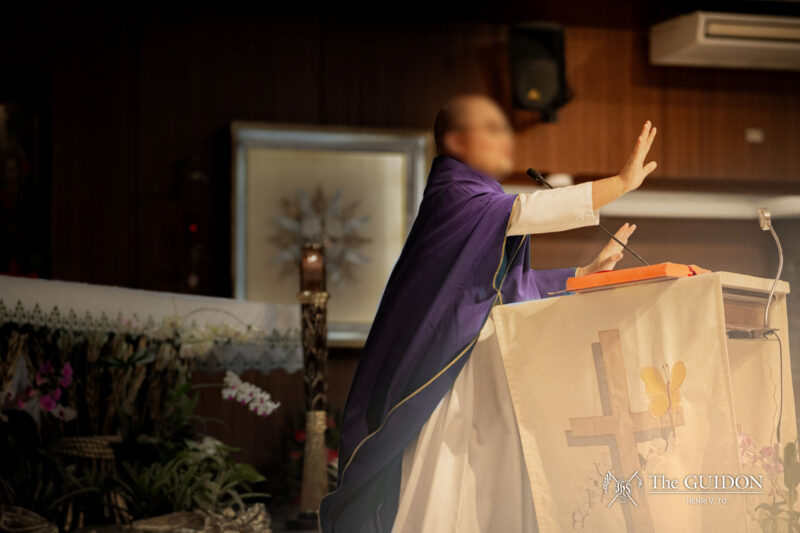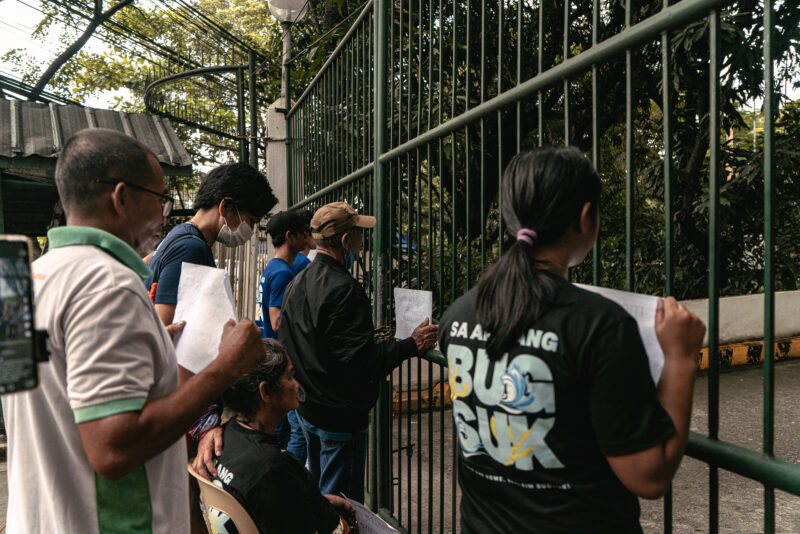WHILE FILIPINOS continue to revere foreign artists in the music scene, the all-female group called MNL48 (pronounced M.N.L. forty-eight) brings Japanese pop (J-Pop) to the local scene. As the Filipino counterpart or sister group to the renowned Akihabara 48 (AKB48) idol group stationed in Japan, MNL48 was formed in 2016, seeking to further build idol culture in the Philippines.
With their ensemble of bubbly songs and cute costumes, a fresh identity for girl groups and idols has started to emerge—one that may challenge how Filipinos view both celebrities and female icons.
Taking center stage
With a huge presence in media, J-Pop idols do not only sing and dance, but also appear on entertainment shows or commercials. Some even venture into dramas or films. The common denominator for such a group—regardless of whether they’re male idols or female idols, teens or in their 40s—is that their appeal mostly stems from their image rather than what they do or how well they perform.
An idol can be one who juggles the life of a performer and a student at the same time, and this double persona is attractive for many. Aria Cariño, a first-generation candidate of MNL48 who left in 2018, shares that audiences would admire an idol more if they could resonate with the star’s imperfections. “[These are] people who are loved not for their looks or talents, but for their innate charm and hard work,” she says.
MNL48 has 13 sister groups in countries worldwide including Japan. For each of these groups, auditionees start off as people barely known. The production staff and each auditionee meet in a closed-door audition which is then recorded but not publicized until the final line-up is announced. However, in MNL48, the search for members was televised on ABS-CBN to establish an existing fanbase. The aspirants’ audition videos would be available online, and they would be ranked through the votes they earn through an official mobile app: MNL48 Plus.
Ashley Cloud Garcia, another former member of MNL48 who left in 2019, says that the change in the audition process came as a shock, noting that it had a “Filipino spin” to it—that the broadcasting network made it seem like “a survival show.”
Garcia uses the term “Showtime Era”—referencing the popular ABS-CBN noontime variety show “It’s Showtime”—as a point of reflection on how the early beginnings of the group were met with prejudice and ridicule. As the first idol group in the country, it took a great amount of time for the audience’s perception of them to improve.
For Jessey Cortez (2 BS HRIM), a student at the University of the Philippines Diliman and a fan of MNL48, MNL48 was treated as a sideshow in “It’s Showtime.” However, he also mentions that the auditions were another reason why people weren’t sold on the idea, just as he was at first. “I got turned off because a lot of the girls didn’t know what they were getting into. They only treated it like a road to stardom and not being part of an idol group,” he laments.
Despite a rocky start, MNL48 rose to fame nonetheless. With various single releases and concerts in the past year, the group has attracted a loyal following that continues to grow to this day. However, this has presented a new pressure in its own right: The need to keep up with fans amid strict internal pressures and restrictions.
Behind the oshimen
No matter how much the girls want to interact with and get to know their fans, their particular industry barrs them from forming any relations due to the fanservice standards among local and international idol groups. “You can’t just approach us and ask for a picture, we really have to decline,” Garcia shares. “Sabi nilang snob ganyan, but that’s how it works kasi (They say we’re being snobbish, but that’s really how it works).” Perhaps it also does not help that AKB48 members are not allowed to have personal social media accounts and must use the ones provided by their company—which are screened regularly.
Another common contract clause among J-pop idol groups include the well-known “love ban,” where some management firms legally impose that idols can’t be in any public romantic relationship while part of a group. This dating ban is allegedly stricter on trainees to give them more time to focus on practicing and developing their skills. Whether or not this applied to MNL48 is something the interviewees could not touch on, but it remains far from unlikely. For a lucrative industry that puts immense market value on fanservice—such as handshake events or photocards—these rules are necessary. Nonetheless, some fans are more than willing to shell out money for these momentary interactions.
To know one’s place
It is well-known that a major gear in the clockwork that keeps the idol industry running is fan interaction. However, a certain branch of fans also take on a sense of entitlement in feeling like they “own” the girls.
“Especially if they are big spenders, [some fans would say that] ‘Malaki ‘yung ginastos ko kay ganyan (I’ve spent a lot on her),’ and they feel that they own us,” Garcia says.
Cortez agrees with the sentiment, saying that it is like they “stop being human,” and become little more than dolls one controls. “[T]hat’s one of the other dark sides of the fandom, [that] people just see them for the fanservice, and what they can get out of it,” he points out. He notes that with respect to the love ban, some fans can be controlling about who their idol hangs out with and may even intervene in their lives by resorting to violent, threatening tendencies in worst case scenarios.
“A lot of the fans view [idols] as products [and] as entities they own. A lot of them rant whenever the idols don’t notice them or don’t go to the events,” Cariño points out. The root of this can be problematic, as some of the girls are still very young and below legal age.
The demanding nature that surrounds fan culture brings up concerns on how idols deal with such pressures. Garcia shares that there have been instances where she’d broken down, while Cariño confides that some fan events were “draining mentally and physically.” Under the glare of the spotlight, the most human aspects of the idols are often overshadowed, an instance that shouldn’t happen to any personality regardless of their popularity.
As MNL48 paves the way for idol groups in the Philippines, the need to be critical of industry restrictions and fan culture becomes increasingly apparent. At the end of the day, no amount of glamour or stage time should ever make an icon the subject of harassment. Boundaries, regardless of how much support management or fans display, must still be established by fans and idols alike.
ERRATUM: An earlier version of the article states that MNL48 has 47 sister groups when in fact there are 13. In addition, Aria Cariño was named as “a former member of MNL48 who left in 2018” when she was a first-generation candidate for MNL48 who left pre-debut. The article has been edited accordingly. We apologize for the oversight.







